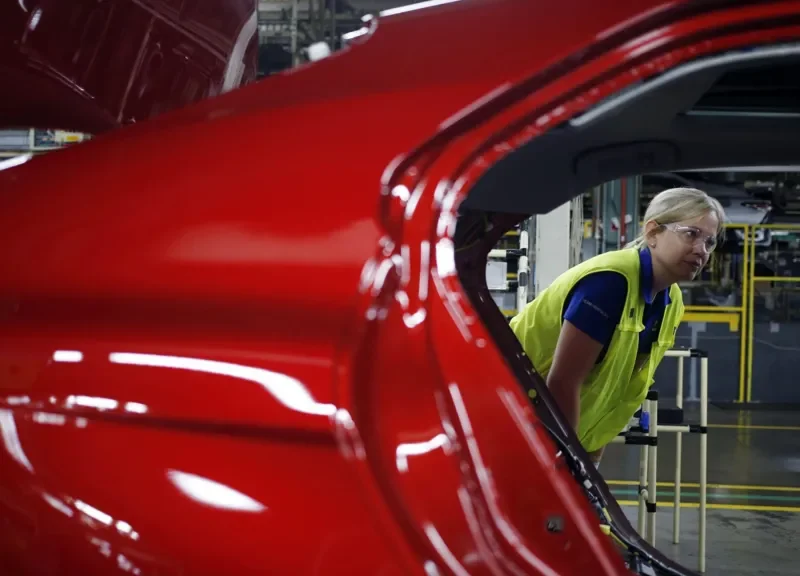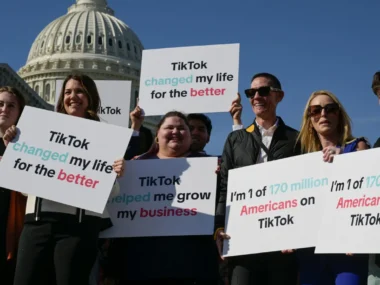Toyota has delayed its U.S. electric vehicle (EV) production timeline due to a slowdown in global demand for battery-powered cars. Originally set to begin in late 2025 or early 2026, production is now expected to start sometime in 2026.
The company remains committed to its global goal of producing 1.5 million EVs by 2026, with plans to introduce 5 to 7 new electric models in the U.S. over the next two years. Toyota has already invested $1.3 billion in its Kentucky plant to manufacture a new electric SUV and is planning another electric model in Indiana. Additionally, a new lithium-ion battery factory is under construction in North Carolina, set to open next year.
Toyota’s decision comes amid challenges in the global EV market, with other major manufacturers like Volvo and Ford scaling back their electric vehicle plans due to shifting market conditions. For example, Tesla’s recent quarterly results fell short of expectations, raising concerns about its growth. Similarly, Volvo revised its goal to only sell fully electric cars by 2030, citing changes in market dynamics, while Ford adjusted its EV strategy, postponing certain electric vehicle launches.











